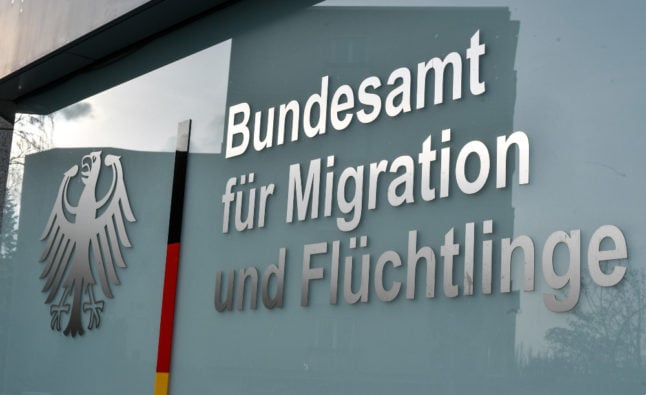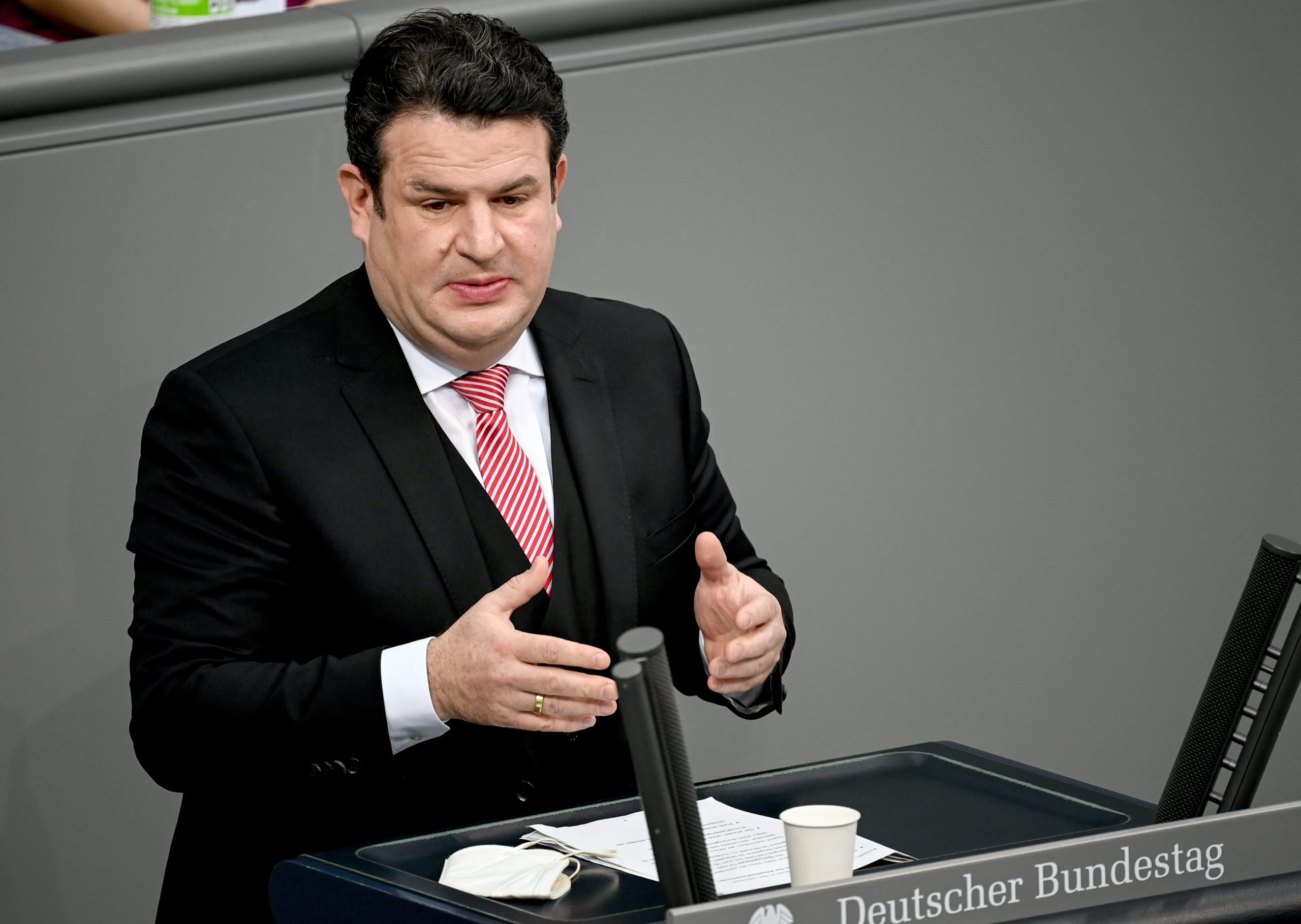When Russia’s war in Ukraine began on February 24th, 2022, many people seeking protection fled to Germany. Mainly they were women and children.
Yet in the first part of 2023, more and more asylum seekers – especially young men – are coming from Russia, according to the latest figures from the Federal Office for Migration (BAMF).
READ ALSO: ‘It feels like a dream’: The Ukrainian refugees arriving in Berlin from war zone
In the first three months of 2023, a total of 2,381 Russian citizens had applied for asylum in Germany. This means that after just a few months, the number came close to that of the whole of 2022, when 2,851 applications were recorded.
There was also a significant increase in the age group of 19- to 30-year-old men and women from Russia, according to the figures. Overall, Russians now submit the seventh highest number of asylum applications.
In March, asylum seekers from Syria made up the largest group applying for protection in Germany, or 23.7 percent, followed by Afghanistan (19.1 percent) and Turkey (13.4 percent)
More young men
In 2022, 59 percent of asylum applicants from Russia were male. From January to the end of March 2023, the figure stood at 64 percent, according to BAMF.
The large increase in young men can be attributed to Russia’s mobilisation of civilians, according to a report from German publishing house Table.Media.
Deserters “who do not want to take part in Putin’s war can apply for asylum in Germany. As a rule, they receive international protection,” a spokeswoman for the Federal Office told the publishing house.
The number of deserters among the applicants, however, has not yet been determined.
Last autumn, Russia announced a “partial mobilisation” to enlist new soldiers for its war in Ukraine. Hundreds of thousands of young men fled the country.
In the meantime, the Russian government has accelerated its recruitment efforts: draft notices no longer have to be handed over in person, but can be delivered electronically. Observers fear that the new method is a means of preparing for more widespread mobilisation.
Vocabulary
asylum application – (der) Asylantrag
mobilisation – (die) Mobilmachung
take part/enlist – beteiligen
as a rule – im Regelfall
We’re aiming to help our readers improve their German by translating vocabulary from some of our news stories. Did you find this article useful? Let us know.




 Please whitelist us to continue reading.
Please whitelist us to continue reading.
Member comments